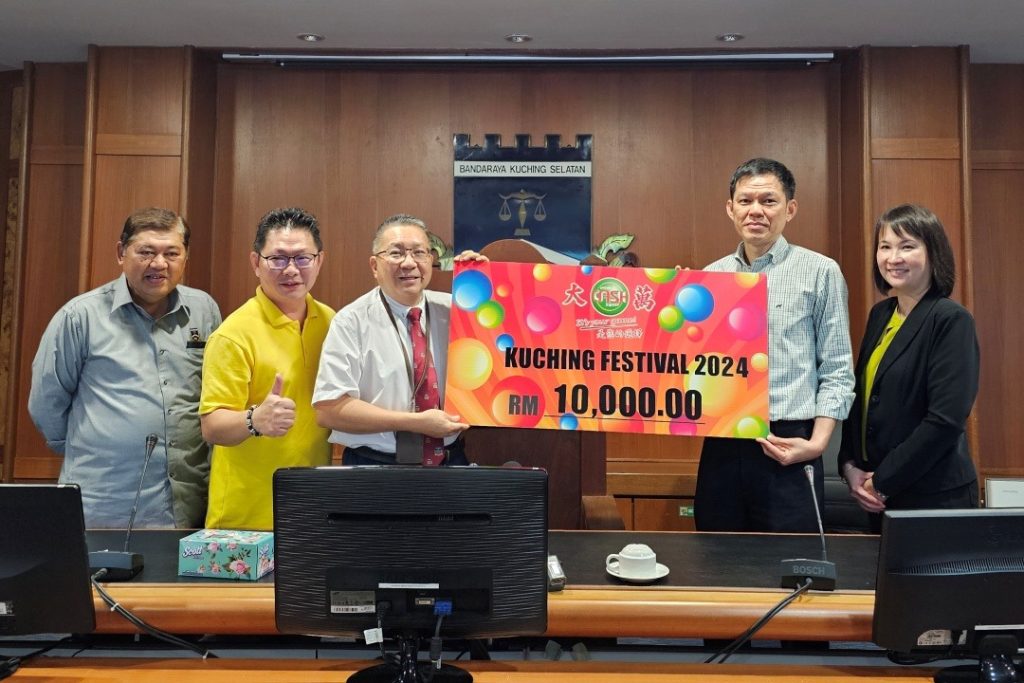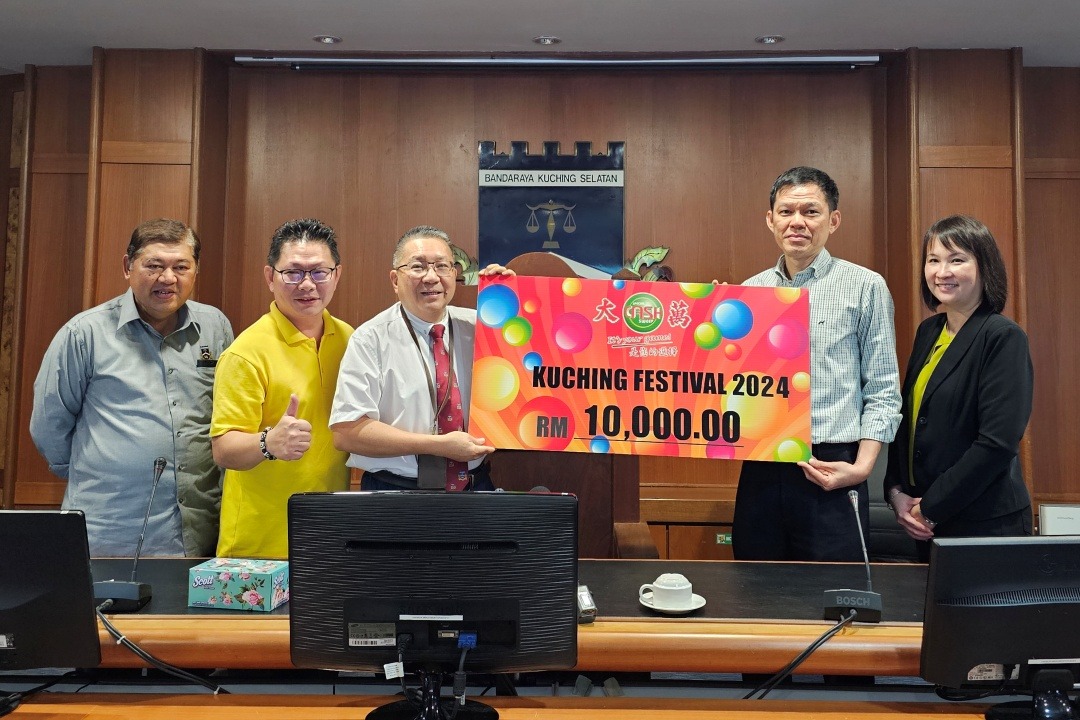Advertisements
Kuching Festival 2024: Celebrating Diversity Through Martial Arts

KUCHING (Aug 15) – The Kuching Festival 2024 is set to captivate audiences once again with a grand martial arts display featuring a rich tapestry of ethnic traditions. This vibrant event will be held at Jubilee Ground, adjacent to the Kuching South City Council (MBKS) headquarters, starting at 6 p.m. this Saturday. The display promises to be a showcase of skill, tradition, and unity, bringing together various martial arts forms from across the region.
An Evening of Skill and Tradition
This year’s martial arts display is expected to be larger and more impressive than ever before. With a total of 1,120 martial art exponents set to perform, the event will offer an extraordinary blend of techniques and styles. The aim is to foster a deeper understanding of the diverse cultural heritage of Sarawak and to provide a platform for local youth to engage with the values of goodwill, tolerance, and community spirit.
A Word from the Mayor
Kuching South Mayor Dato Wee Hong Seng expressed his enthusiasm for the event, citing last year’s positive reception as a key factor in its return. “Our martial arts display aims to promote greater understanding among the people of Sarawak, particularly our youths,” Wee said during a press conference at the MBKS headquarters. “It is an opportunity for them to appreciate the diversity of our culture, to learn the values of goodwill, tolerance, and unity that these martial arts embody, and to cultivate a spirit of togetherness in our community.”
Advertisements
Generous Sponsorship
The event has been bolstered by the generous support of Natural Avenue Sdn Bhd, which has contributed RM10,000 towards the organization of the martial arts display. This sponsorship has been instrumental in ensuring the event’s success and helping to cover the costs associated with such a large-scale performance.
A Diverse Line-Up of Martial Arts
The martial arts display will feature an impressive array of disciplines, reflecting the cultural richness and variety of Sarawak’s ethnic groups. Some of the key styles to be showcased include:
- Wushu: A traditional Chinese martial art known for its dynamic movements and intricate forms.
- Taichi: A slow, graceful practice that focuses on balance, relaxation, and internal strength.
- Silat: A Southeast Asian martial art characterized by its fluid and elegant movements.
- Judo: A Japanese martial art emphasizing throws and grappling techniques.
- Silambam: A South Indian martial art using a long stick as a primary weapon.
- Boxing: A popular combat sport focusing on striking with gloves.
- Kuntau: A form of traditional Malay martial arts with a focus on striking and self-defense.
- Tempur Tanpa Senjata (ATM): A martial art that emphasizes unarmed combat techniques.
- Taekwondo: A Korean martial art known for its high, fast kicks and jumping techniques.
Participating Organisations and Associations
The display will feature contributions from various local martial arts organizations and associations, each bringing their unique style and expertise to the event. The participating groups include:
- Sarawak Taiji Qigong Shibashi Association
- Persatuan Perguruan Seni Silat Gerak Kuntau Betawi Darul Hana Kuching
- Persatuan Seni Silat Cekak Pusaka Ustaz Hanafi Sarawak
- Wushu Federation of Sarawak (WFS)
- Persekutuan Silat Olahraga Nasional Negeri Sarawak
- Kelab Taiji Kungfu Fan
- Traditional Wing Chun Kuen Kuching
- Kuching Boxing Association (KBA)
- Sarawak Iban Kuntau Association (Sikar)
- Persatuan Persilatan Seni Asli Zamrud Kuching
- Perguruan Seni Silat Siantong Melayu Asli
A Celebration of Unity and Cultural Diversity
The martial arts display at Kuching Festival 2024 is more than just a showcase of physical prowess; it is a celebration of cultural diversity and unity. By bringing together martial artists from various backgrounds, the event highlights the rich tapestry of traditions that make up Sarawak’s cultural landscape. It also provides a platform for the community to come together, fostering mutual respect and understanding among the diverse ethnic groups in the region.


